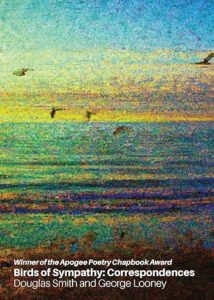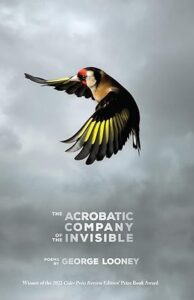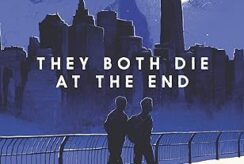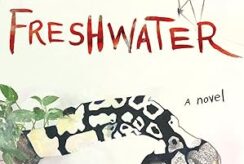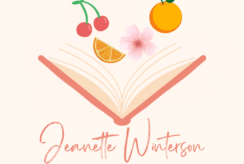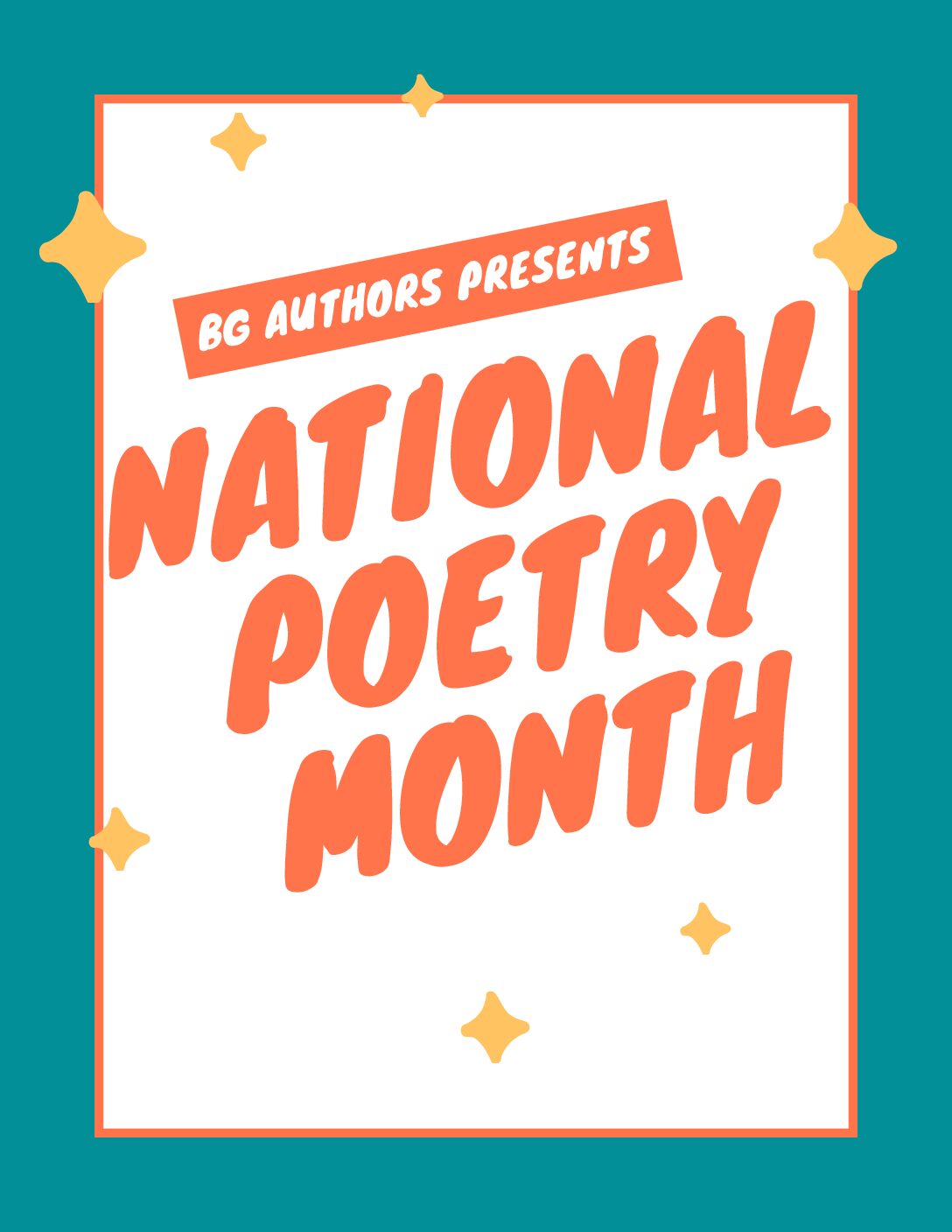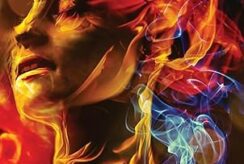By Merrick Glass
Last week, BGSU hosted the visiting author, George Looney, and I had the great opportunity to speak with him!
Here is the Q&A I shared with him from the BFA and MFA experience to his achievements, advice, and favorite writers.
As I read from the Cider Press Review, I saw that you founded the BFA in Creative Writing Program at Penn State Erie. What was that process like to create an entire program up?
I was participating in one of those “retreats” to formulate a five-year plan for the School of Humanities and Social Sciences at Penn State Erie, and I, sort of jokingly, suggested we should start a BFA in Creative Writing program. I had already revamped the BFA at BGSU before I left there to take a tenure-track position here (something I was never going to get at BGSU due to the attitudes of a particular Dean), and since we already had a well-funded reading series and a track in the English BA for creative writing, it seemed like a logical possibility. Then it turned out that the Chancellor loved the idea (thinking it would bring more women to a college dominated by men), and so I then had to spend a lot of time and energy creating the program, which I based on the work I had done at BGSU but trying to improve upon what I had done at BGSU.
In similar vein, a lot of colleges do not offer a BFA in Creative Writing but rather place a specialization of creative writing under their BA English Program. So, how do you see the difference between a BA in English versus a BFA in Creative Writing, and what are the opportunities within a Creative Writing Major compared to a specialization under an English Major? I have had my own experiences as a Creative Writing BFA Major with an English Minor, but I would love to hear what you think about it all in the scene of career paths.
The focus on both literature and the students’ own writing—through workshops—is for me the difference. Writers need to look at literature not just as critics do but as writers do, learning from the stories and poems of other writers how to put stories and poems together. The craft of the art has to be a or the major focus of a true BFA program.
Likewise, what led you to pursue an MFA in Creative Writing as someone who originally graduated with a BFA in Art Education? And, what was that experience like, especially in terms of later serving as editor-in-chief for Mid-American Review? I had the opportunity to be an intern under Mid-American Review last year, and it was, by far, my favorite experience here at BGSU, but I am curious as to your own thoughts on it all specifically being in an executive position.
In my senior year, after I had already applied to MFA programs in painting, I realized that what I most needed to express was being expressed in my writing, not in my painting. I had been taking both fiction and poetry classes at the University of Cincinnati, and I had earned a Creative Writing Certificate (not a BFA, but similar). As for serving as editor of Mid-American Review, and now Lake Effect, I feel privileged to have had the opportunity to be an editor for many years. To get to participate in the shaping of contemporary poetry and prose—which is what literary journals do—is an honor. Editors say, “This deserves to be read, this deserves an audience, this deserves to last.” As for any conflict between being an editor and being a writer, the only conflict is the struggle for time. Reading the work of other writers—both good and bad—informs constantly my own skills as a writer. The two roles complement one another more than they conflict.
Lastly, whose writing do you look up to most, whether that be a top 5 of writers or be that of a fiction author or poet, that you would say has inspired your own works?
In fiction, my favorites would be William Goyen (who is my favorite), Amy Hempel, Raymond Carver, Ann Pancake, Jayne Ann Phillips. And, of course, Gabriel Garcia Marquez. In poetry, it would be Richard Hugo, Larry Levis, Stephen Dunn (these first three are the poets who I like to think have most influenced my poetry), Louise Gluck, Tony Hoagland, Stanley Kunitz, T.R. Hummer, William Matthews, and James Wright.
Thank you, George Looney, for sharing your inspirations and helping to be other writers’ inspirations in due course. Have any lasting thoughts or questions for Professor and Writer, George Looney? You can find him at https://georgelooney.org/ or contact him through Penn State
Be sure to check out his published works: Birds of Sympathy: Correspondences, The Acrobatic Company of the Invisible and The Visibility of Things Long Submerged
And, look out for the next post on his Prout Chapel readings from last Thursday night for ENG99!

